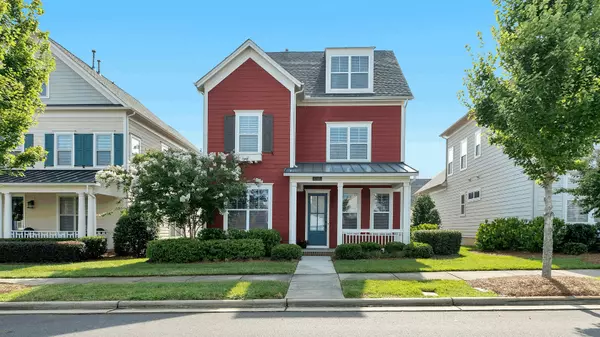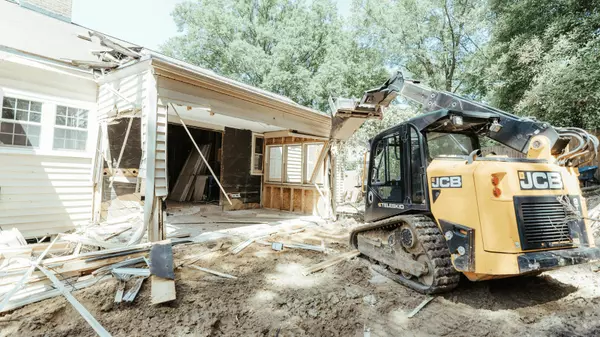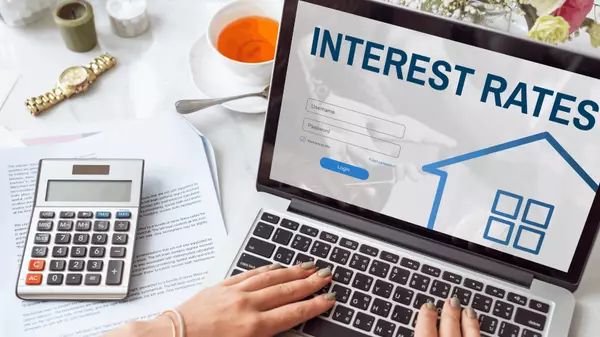
91% of Buyers Were Surprised About Closing Fees – Don’t Be One of Them
If you're about to buy a home, you might think you've budgeted everything. But are you prepared for all the fees that come with closing? Nearly 91% of buyers in the Zillow Consumer Housing Trends Report 2024 said they encountered at least one unexpected cost during the closing process. Let’s brea

How Climate Change is Shaping Where Homebuyers Are Looking
Are climate risks part of your home search checklist? If not, you might be missing critical information that impacts your long-term investment. The Zillow Consumer Housing Trends Report 2024 shows that a growing number of buyers are considering factors like flooding, wildfires, and extreme tempera

Home Sales Break a 3-Year Downtrend—Here’s What it Means for Your
For the first time in over three years, existing home sales increased year over year, reaching a seasonally adjusted annual rate of 3.96 million in October. So, what exactly does this mean? So glad you asked! Even though 2024 is shaping up to have the fewest home sales on record, the rise in sale
Categories
Recent Posts










